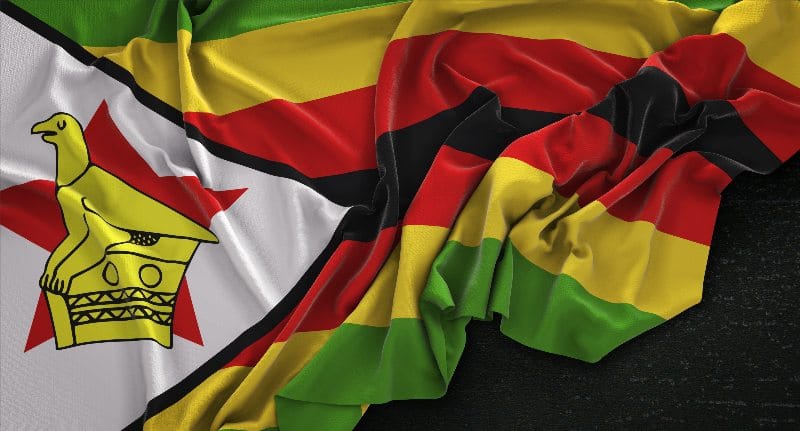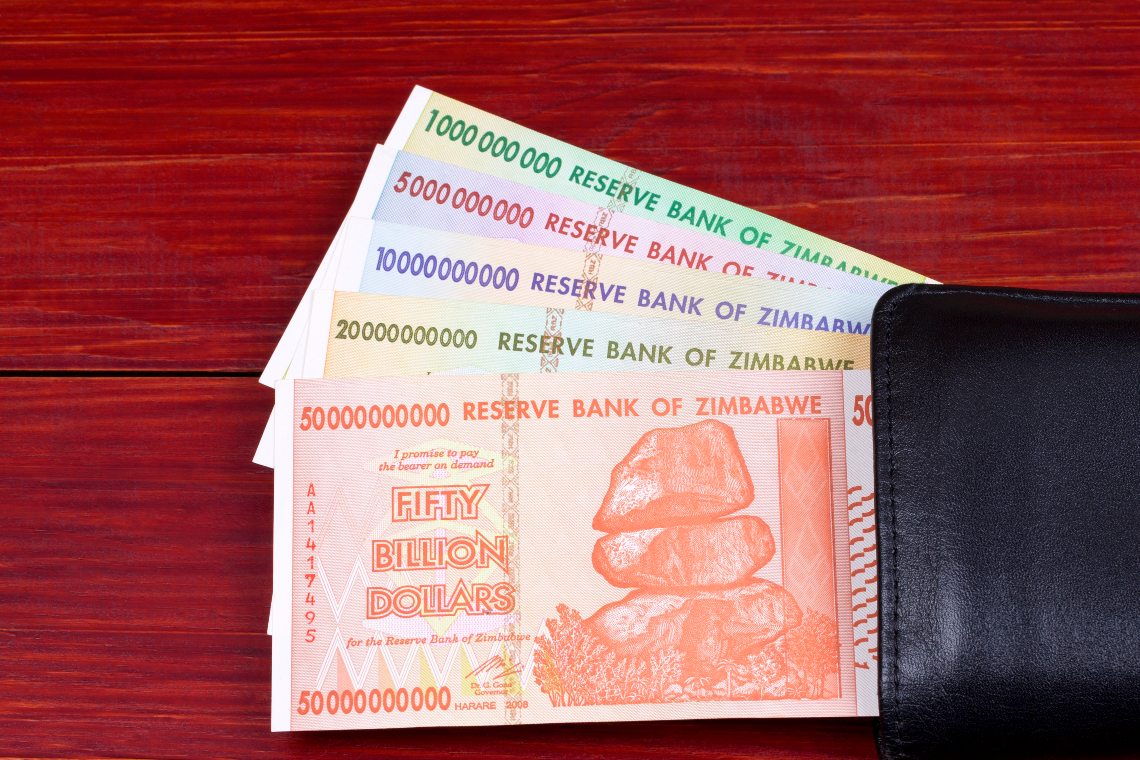A few days ago, it was reported that the state of Zimbabwe was in the process of adopting Bitcoin as legal tender, following in the footsteps of El Salvador. This news has now been debunked. In fact, the issuance of a CBDC is more likely than the legalization of Bitcoin.
Summary
Bitcoin legal tender in Zimbabwe, the fake news
Local newspapers broke the news and were immediately picked up by industry publications. A government official is reported to have admitted that talks are underway with private companies to bring about the adoption of Bitcoin as a payment system.
The government official explained that an opening to Bitcoin and cryptocurrencies had been made directly by the Minister for the Economy, Mthuli Ncube. It is therefore clear that the government is evaluating the sector, even if official decisions were still lacking at the time.
The denial
It was the Minister of Information who denied the news. Monica Mutsvangwa explicitly stated that no, Zimbabwe is not adopting Bitcoin as legal tender:
“Our local currency is the Zimbabwe dollar, and not cryptocurrency. Like most countries in the world, the Government of Zimbabwe, through its Financial Technology Group, is studying Central Banking Digital Currency as opposed to cryptocurrencies, bitcoins or any form of derivatives”.
These words are quite clear: a CBDC is being studied in opposition to Bitcoin, cryptocurrencies and the like. The closing is clear, and not too surprising either.

A struggling economy
The adoption of Bitcoin in El Salvador was possible because President Nayib Bukele did not have his own currency to defend, seeing as the country uses the US dollar. Zimbabwe on the contrary has its own currency, even if it is devalued. Indeed, the Zimbabwean dollar was reintroduced about two years ago (June 2019), after it had been abolished in 2015 as it was now worthless.
After the first few months in which it was declared the only circulating currency, other foreign currencies such as the US dollar and the South African rand are now back in circulation.
So the intention of the state of Zimbabwe is to protect its currency rather than move towards cryptocurrencies.
There are also those who point out that for a country with salaries as low as Zimbabwe, it does not make sense to adopt Bitcoin due to the cost of transactions. Even remittances do not carry the same weight as they would in El Salvador to justify the adoption of BTC.
In short, those who believed that the African state was on the verge of experimenting with Bitcoin were disappointed. El Salvador remains the only state to have adopted BTC as legal tender.



